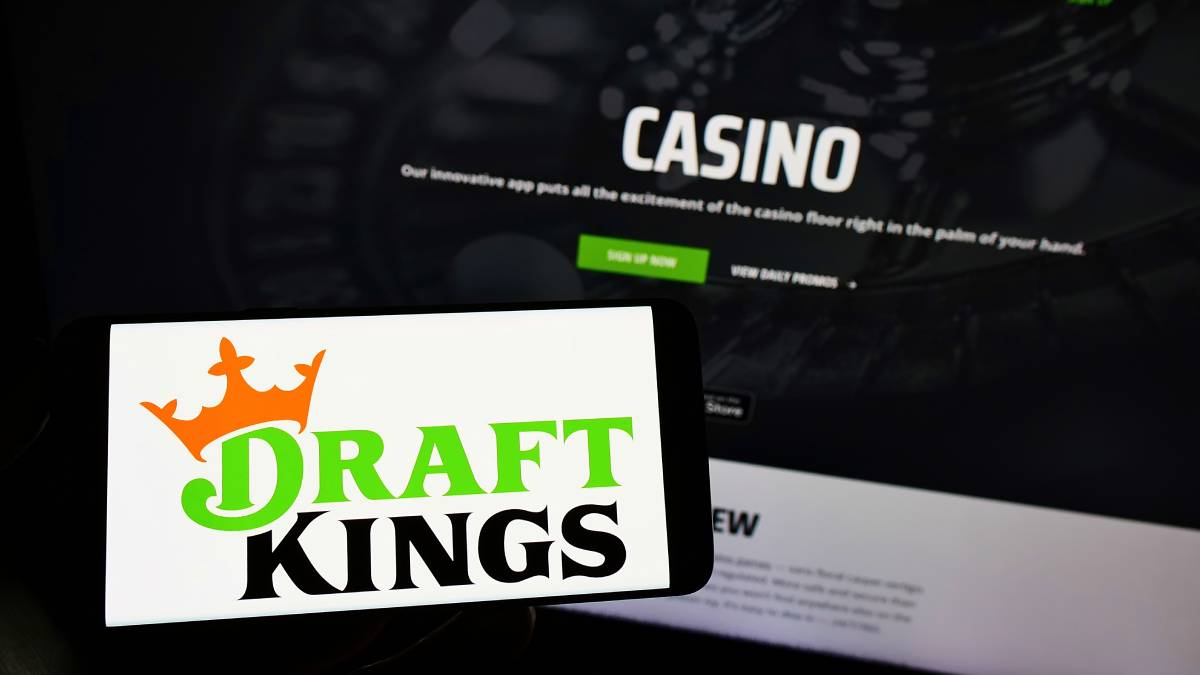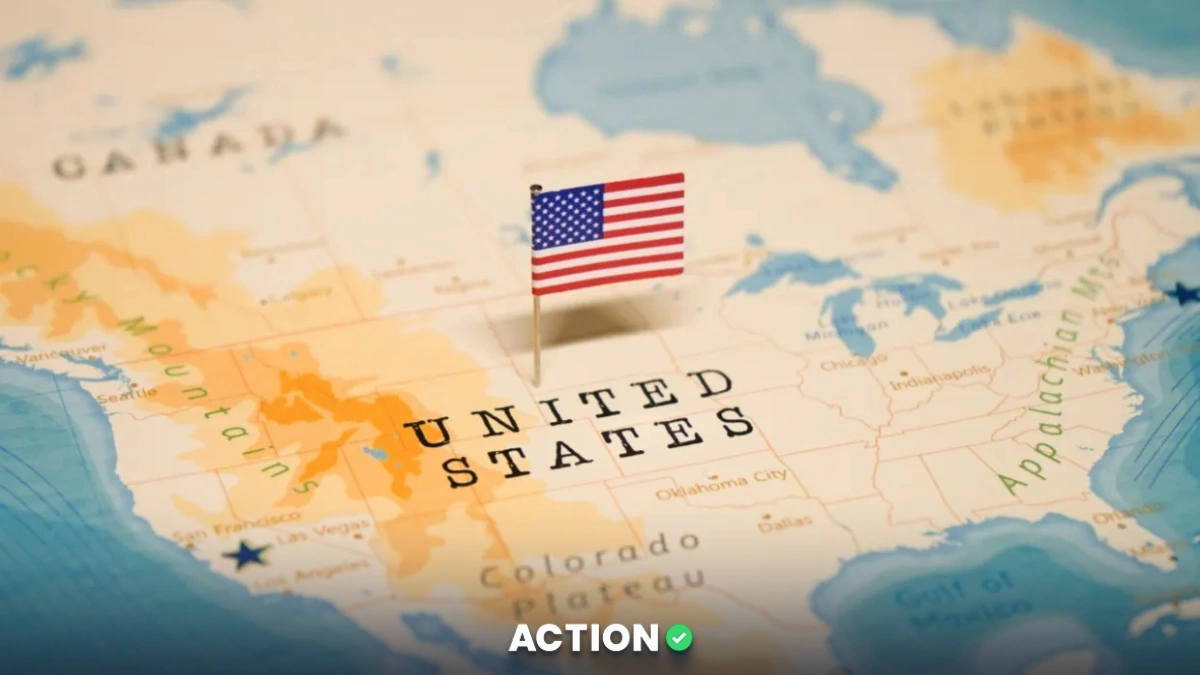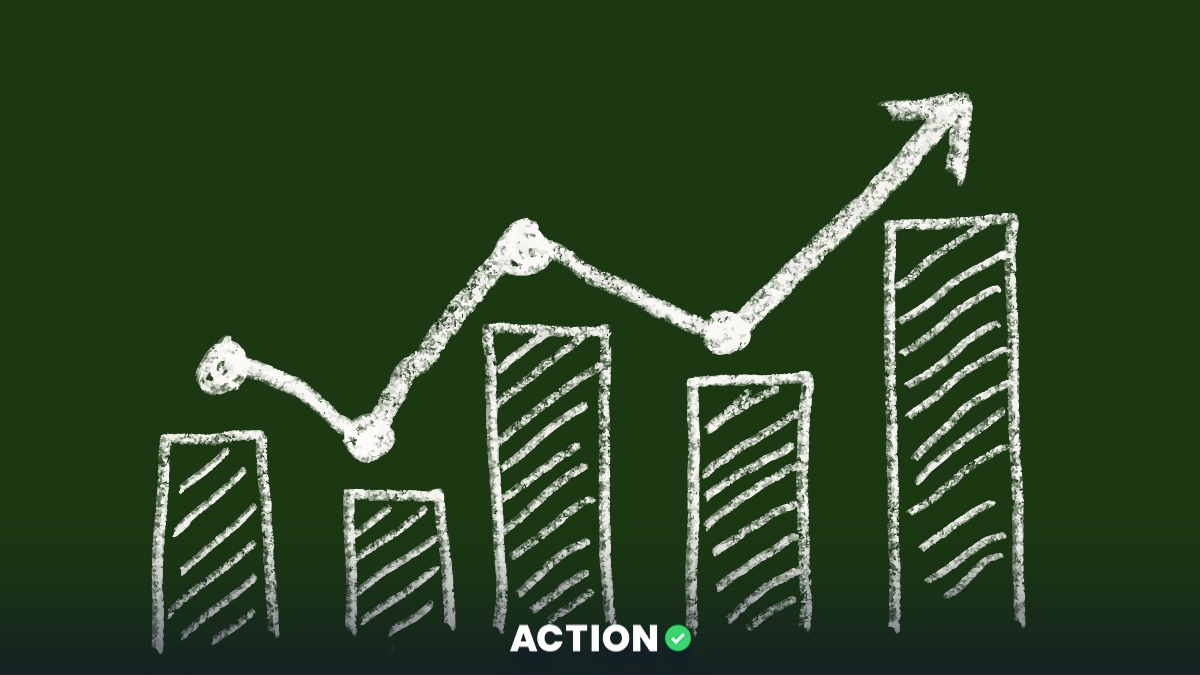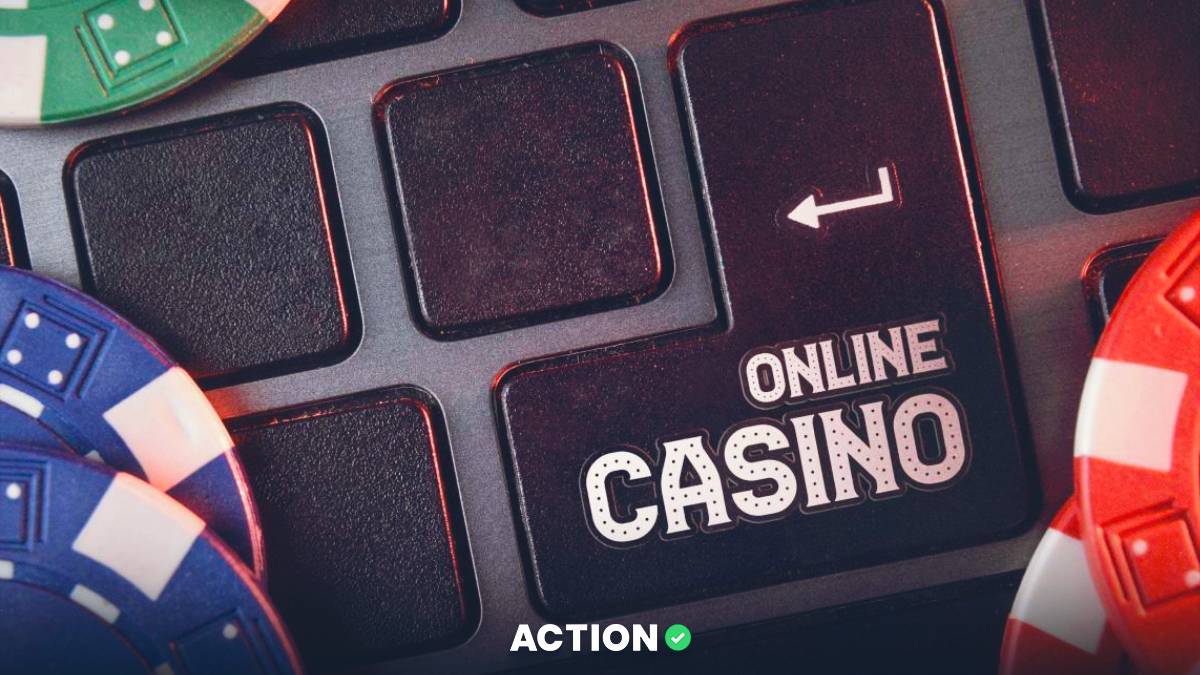New Jersey lawmakers have reached a compromise on a new tax rate for online gambling and sports betting.
The tax rate has been increased to 19.75%, a middle ground between the existing 13% and 15% rates and the 25% rate initially proposed by Governor Phil Murphy in his February budget announcement.
This new rate will be included in the state’s budget, which must be approved by July 1.
This comes as The Garden State's total gaming revenue reached $614.7 million last month, representing a 20.5% increase year-over-year compared to May 2024, and marking the state's strongest monthly revenue performance so far in 2025.
Will Surcharges Be Added By Operators in New Jersey?
Now that the rate has been set, the big question is whether operators will add surcharges like the ones DraftKings and FanDuel added after a big tax increase in Illinois.
FanDuel is the largest online betting operator in the United States and is set to introduce its new transaction fee for customers in Illinois on July 1.

Starting Tuesday, players will face a $0.50 charge per bet. This decision comes in response to a new law passed by the Illinois State Legislature, which imposes additional taxes on sports betting. Illinois adopted a tiered tax system last year, with rates up to 40%.
This move marks the first time FanDuel has implemented such a fee anywhere in the world and forced DraftKings to make a move of its own. DraftKings will also implement a 50-cent transaction fee on all mobile and online bets placed in Illinois through DraftKings Sportsbook, effective September 1, 2025.
There's no indication that this will happen in New Jersey, but both companies did urge customers to reject a tax hike in New Jersey.
Striking a Balance: Revenue vs. Competitiveness
During the discussion, Governor Murphy emphasized the need to balance revenue generation with maintaining a competitive market for the gambling industry in New Jersey. "We want to be competitive," Murphy stated, underscoring the importance of fairness to taxpayers and industry participants.
He pointed to New Jersey's pioneering role in legalizing sports betting nationwide after the state successfully challenged the Professional and Amateur Sports Protection Act (PASPA) in 2018.
Murphy expressed pride in the progress made since sports betting was legalized. "We want to further that progress," he noted, emphasizing a balanced approach that benefits the state, participants, and taxpayers alike.
Industry Concerns and Potential Impact
The President of the Casino Association of New Jersey, Mark Giannantonio, publicly criticized the proposed 25% rate. He argued that such a high tax could lead consumers to shift to illegal offshore betting, ultimately reducing the state's revenue. He has yet to comment on the revised 19.75% rate.

“This tax increase would be a wrong turn for New Jersey," said Jeremy Kudon, President of the Sports Betting Alliance (SBA) "Since New Jersey first launched regulated sports betting seven years ago, sports betting operators have created thousands of jobs and generated hundreds of millions in revenue for New Jersey."
In 2024, online sports betting brought in approximately $138 million in tax revenue, while internet gambling added around $358 million. While a 25% rate was expected to generate $402 million, the revenue under the new 19.75% rate remains uncertain and will likely be lower than initially anticipated.
A National Trend: Other States Raise Gaming Taxes
New Jersey is not alone in increasing gambling-related taxes. Several states have moved in a similar direction:
- Ohio doubled its sports betting tax from 10% to 20% in 2023 and is contemplating a 40% rate.
- Massachusetts is considering raising its tax from 20% to 51%.
- Maryland will increase its online sports betting tax from 15% to 20% starting July 1.
- Michigan lawmakers are also looking to raise taxes on operators.
- Louisiana is moving from 15% to 21.5%. The money will be used to help fund college sports programs.
- North Carolina is considering an increase to 36%.
Where Does the Tax Money Go?
The increased tax revenue plays a significant role in New Jersey’s proposed $58 billion budget. The money collected from gambling taxes is used for various state needs, including :
- Education
- Infrastructure
- Public Safety
- Health Services
By investing in these areas, the state hopes to improve the quality of life for its residents, support community programs, and maintain essential services.
If you're interested in playing at online casinos in New Jersey, there are ways to make your gaming experience more exciting. Many casinos offer bonus codes that give you extra perks like free spins or additional playing credit. You can find these codes by visiting casino websites, checking out gambling forums, or signing up for casino newsletters.









